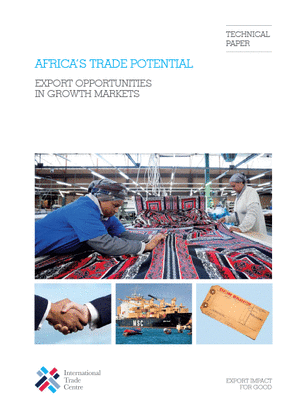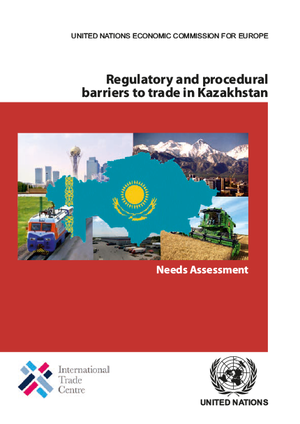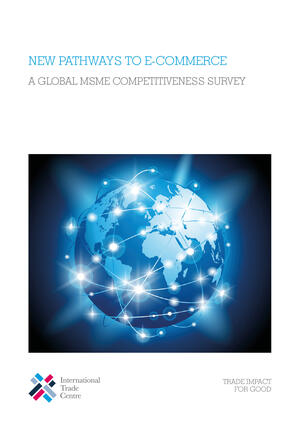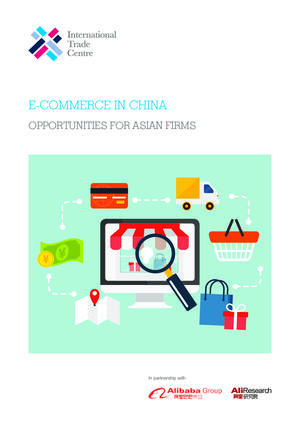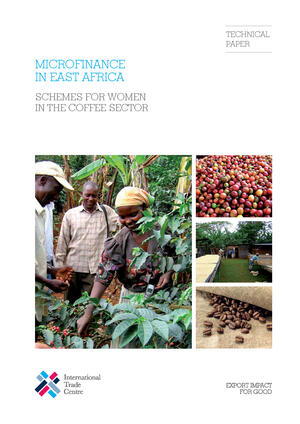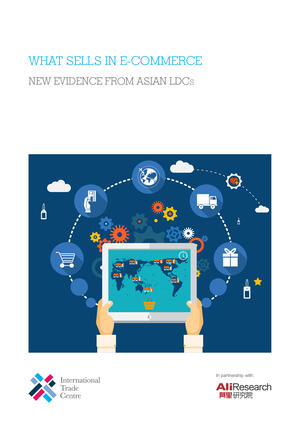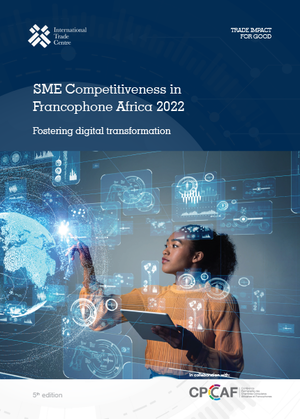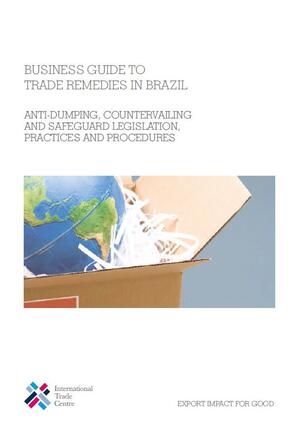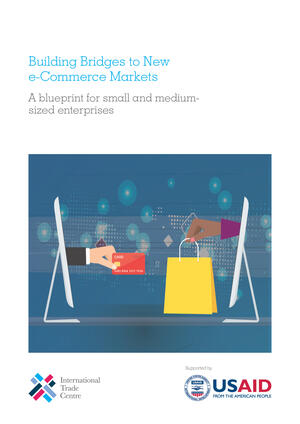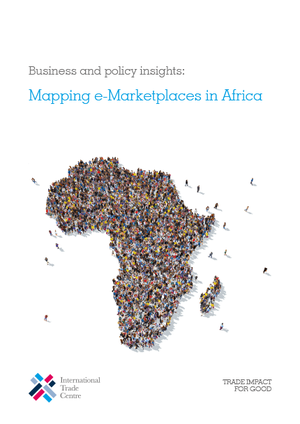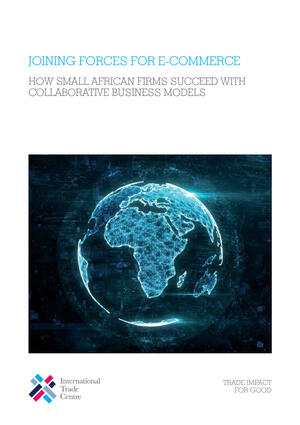Living with the Genie - Artificial Intelligence in Content Creation for Small Businesses in Trade
This report encourages artificial intelligence (AI) literacy for small businesses and trade institutions, especially in developing countries, through the lens of publishing. It shows that AI tools empower everyone in the workplace to be publishers – and that leaders can navigate the promises and...





